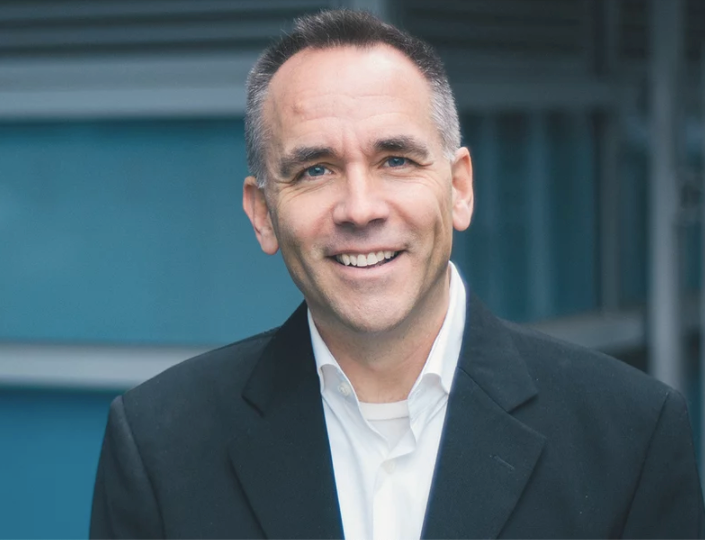Buying and selling businesses are intricate financial and emotional processes, fraught with obstacles to close the deal. Glacier Media convened a panel of experts to look at how to ideally buy and sell.
The panel included David Harvey, who focuses on mergers and acquisitions law for the Richards Buell Sutton firm; Derek Strong of the financial services firm Roynat Capital; business broker Jason Brice at jasonbrice.com; and Arturo Kalb of Murphy Business Brokers. They were in conversation with BIV publisher and editor-in-chief Kirk LaPointe. A four-part podcast of the discussion can be found at biv.com/video. The following is an excerpt of the talk, edited for brevity and clarity.
When people are coming to you to start exploring a purchase, what do you make sure is in order?
David Harvey, Richards Buell Sutton: First off, you want to be talking to your banker. Make sure that you’ve got the necessary financing available for you, unless you’re going outside to other investors for the financing.
Derek Strong, Roynat Capital: We’re looking for at least 25 per cent cash equity to buy a business. Usually about 40 per cent of the capital structure of a business purchase is equity and vendor financing. And then 60 per cent debt is what I’ve seen [as] normal structure for an external party buying a business.
Arturo Kalb, Murphy Business Brokers: I think the general rule is to go for 25 per cent to 30 per cent of [what] the buyer should be able to bring to the table.
What advice is necessary to enlist in order to buy?
Strong: First off, you have to get a lawyer used to doing M&A law.
How do you counsel people on how to know when to walk away?
Brice: I try not to counsel people to walk away, but [there are] other times where you don’t want to walk somebody off the side of a cliff.
Kalb: And there’s some red flags in the way. If your buyer sees that financials look sketchy. I mean, sometimes things don’t work for a reason, right?
Harvey: Once the lawyers and the advisers get involved, they’re starting to spend money on people – [they] get invested in the transaction, it’s hard to take that objective look and step away from it. But it is something that is crucial for a buyer.
Strong: I think if you’re a buyer, before you get too involved, you should write down the 10 most important reasons you’re buying this business. And if price is one of them, and the price just starts moving too much, it’s probably a reason to delete. You’ve got to stick to your guns.
What surprises you the most on deals?
Harvey: Vendors not being ready to sell – and sometimes that happens after they’ve sold and then they realize, you know, they don’t want to be out of it; they want to get back in. [It’s] another important reason to get proper restrictive covenants in place.
Brice: One of the things that often blindsides a buyer is their [spouse]. A lot of times a buyer can spend a month in due diligence, the deal’s negotiated, and then their [spouse] tells them they don’t want to risk their entire net worth and they don’t want their [partner] gone seven days a week, 12 hours a day, which is what will happen in the first year of any business.
Kalb: All the emotional aspects. They might change their mind, or [exclude] things that the buyer thought were included on the sale.
What helps in determining how you’re going to sell?
Harvey: I think the key from the financial perspective is talking to your accountant, regularly and in advance of when you think you might need to sell, when you think you might want to step away from the business.
Strong: I always like to say, the day you buy the business is the day you start thinking about how you’re going to sell your business, because it’s not an overnight process. Maximize the value of your businesses. [Make] sure that corporate structure is correct, make sure the right tax planning [is] in place, make sure that we’re treating our business like a business and not like a personal bank account, and separate your personal expenses from your business expenses.
Brice: The seller needs to [realize] their business might not be worth what they think it’s worth. We often say, “You wonder what a business is worth? Ask the seller and cut that in half.”
Kalb: Or you have the other dealers that say, “Well, I need this much to retire.” And the buyer doesn’t care about how much you need to retire.
What are the most common surprises in selling a business?
Kalb: The buyer didn’t get the money. Everything was perfect. A perfect buyer agreed on the price. And at the very end, well, I don’t have the funds.
Brice: One of the biggest surprises is how the valuation of the business can change. You know, we could be steady revenue for three years. I show valuation on January 1 for $1 million … and all of a sudden, the business is worth 70 per cent of that.



